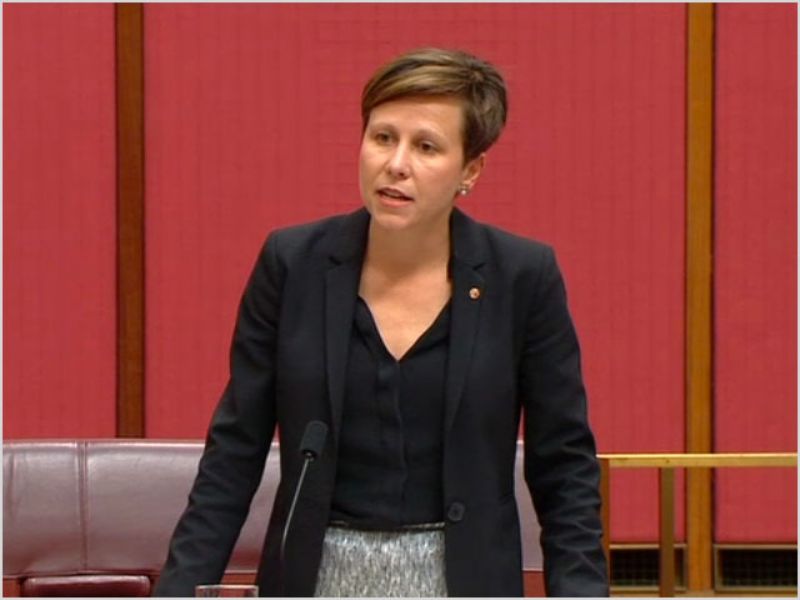The Digital Transformation Agency’s inability to intervene in doomed $34 million biometric project inside the Australian Criminal Intelligence Commission points to “structural problems” in the agency, according to Labor senator Jenny McAllister.
The DTA fronted senate estimates at 10pm on Monday evening in a short but typically fiery hearing. Labor senators focused attention on the Australian National Audit Office’s scathing report on the Australian Criminal Intelligence Commission’s failed biometrics project with NEC Australia, and the DTA’s toothless attempts to get involved.

The ACIC biometric project was canned in June last year with more than $34 million already being spent. The subsequent ANAO report found the DTA’s role to be ineffective, with the agency receiving six bi-monthly reports from ACIC across the project’s life.
The DTA also made “numerous unsuccessful attempts to meet with ACIC to verify the challenges reported by ACIC”.
These attempts included emails and telephone calls, DTA chief portfolio officer Joanne Hutchinson told the senate estimates hearing.
The DTA’s inability to even secure a meeting with the ACIC to discuss the troubled project typifies the problems with the agency, Senator McAllister said.
“It appears that your ability to engage with these entities is limited because the ACIC chose not to return your phone calls. Do you think this points to some of the limitations in the operating model of the DTA,” Senator McAllister asked.
“You’re before a senate committee and senators are trying to understand what your role is and why you didn’t prevent this $34 million disaster, and your answer is because they wouldn’t return your phone calls,” she said.
“It does point to a structural problem in the role of the organisations, does it not?”
DTA chief executive Randall Brugeaud said the agency has numerous roles, and the oversight of government projects like the biometrics scheme is a “relatively small” part of its remit.
“It is the responsibility of the agencies who are funded to deliver their programs. We provide advice to the senior responsible officers…if they return our phone calls,” Mr Brugeaud said.
The project indicates that major changes may be needed at the DTA, the Labor senator said.
“It really is matter for government. We are working within the set of accountabilities that we’ve been provided and we are clearly executing on the mandate that we’ve been given,” Mr Brugeaud said.
“There are options available and different countries have taken different approaches.”
Just a month before the program was cancelled, the ACIC reported that its confidence in delivering it successfully had improved.
The DTA relies on agencies to self-assess its projects, and senator McAllister questioned whether it had been misled by the ACIC.
Ms Hutchinson’s response that she was not in a position to comment on this was not welcomed by Senator McAllister.
“What is your role then if not to comment on the agency’s self-report? This is quite confusing,” the senator said.
“They self-reported that their confidence level in a project delivery had increased after months of providing red and amber flags about project delivery and then they cancelled the program.
“There is something wrong here, and that is the sort of thing that your organisation surely is established to identify,” she said.
Despite being unable to meet with the ACIC to discuss the issues, the program was not referred up to Mr Brugeaud or the relevant minister. But the DTA boss now says this should have happened.
“Twenty-twenty hindsight is a wonderful thing and given the outcomes of the review of this and any other program that may not have gone particularly well then we would have clearly provided advice, but I do come back to the point that the DTA has limited capacity and jurisdiction over individual projects and for us to have a forensic view of every project that’s reporting amber is just impractical,” Mr Brugeaud said.
The DTA declined to accept any responsibility for the failed biometrics project that cost more than $34 million.
“This is the responsibility of the owning agency. We have a limited capacity to forensically examine projects in detail across government, so ultimately the accountability lies with the owning agency and our involvement and our capacity to provide advice to government is at an aggregate level,” Mr Brugeaud told the hearing.
Do you know more? Contact James Riley via Email.

